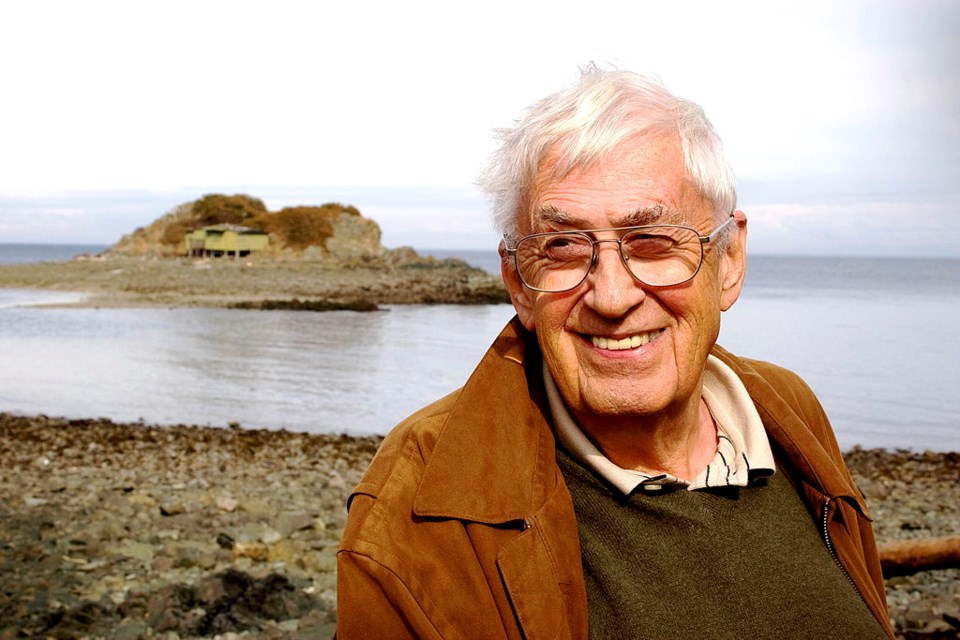The March 25 Times Colonist editorial on the COVID-19 pandemic states: “Worldwide, the economic impact will be devastating. We’re talking a re-run of the Dirty ’30s and damage that lasts for years.” Elsewhere, it refers to “killing the economy” and “measures that of a certainty will wreck the world economy for many years to come.”
This concern with the need to protect and restore the economy plays into a narrative about resilience, usually framed as the ability of people and communities to recover, to bounce back to where they were before the event ever happened.
But there are obvious flaws in that approach. For example, if your community is built in a flood plain and climate change results in more frequent and more severe flooding, does it really make sense to rebuild in the same place, to bounce back to the previous situation?
Much the same can be said about the current economic slowdown due to the COVID-19 pandemic. It is helping us see just how much harm our current economic system causes, both to the environment and to people and communities.
So if the current economic system is devastating the planet and harming health, as it is, do we really want to bounce back to the way things were before: Revving up the economy to speed up global warming, increase air pollution and the associated diseases and deaths, hasten resource depletion and species extinctions?
To rephrase the editorial: “Worldwide, the environmental and health impact will be devastating. We’re talking a re-run of the booming mid-20th and early 21st centuries and damage that lasts for years” — except that this is damage that lasts for decades, even centuries.
This is where a different understanding of resilience might be helpful: Not bouncing back to the past way of doing things, but bouncing forward to a new way of doing things, out of the situation that is causing the stresses and into a new, better alternative future.
The last thing we should be striving for is a return to the bad old days, re-building on the floodplain, so to speak.
In an article in the Globe and Mail recently, Thomas Homer-Dixon described our response to the COVID-19 pandemic as “a vivid example of a global ‘tipping event,’ in which multiple social systems flip simultaneously to a distinctly new state.”
Interestingly, this is the same as the concept of resilience in ecological systems. As far back as 1973, C. S. Holling showed that one way natural systems handle changes and disturbance is that they can flip into a new and different stable state.
Such a tipping point can be very harmful, at least in the short term, and Homer-Dixon argues that “two key factors — high connectivity and high uniformity … leave us increasingly vulnerable to global tipping events” such as we are seeing.
But he also suggests “cascading changes in our global social systems don’t always have to be so pernicious. Some might be virtuous,” and he goes on to suggest: “Today’s emerging pandemic could help catalyze an urgently needed tipping event in humanity’s collective moral values, priorities and sense of self and community.”
So we need to take the opportunity of this pause to begin to rethink what business we are in as a society, how we get the economy to serve people instead of people serving the economy, to decide how much is enough.
Even if we have to go back to the old ways for the short term, because it is how we make a living today, will we have seen the potential benefits of a different way of living and realized that is what we want?
Will we have reached a virtuous tipping point in the underlying social values that drive the present system? As one of my neighbours said the other day — across the six or more feet of physical distance we were keeping: “It’s so quiet —I could get used to this.”
Eventually, the COVID-19 pandemic will come to an end, but it might leave an important legacy: A a chance for us to choose a new way of life and a new economy that is healthy, just, convivial and sustainable.



